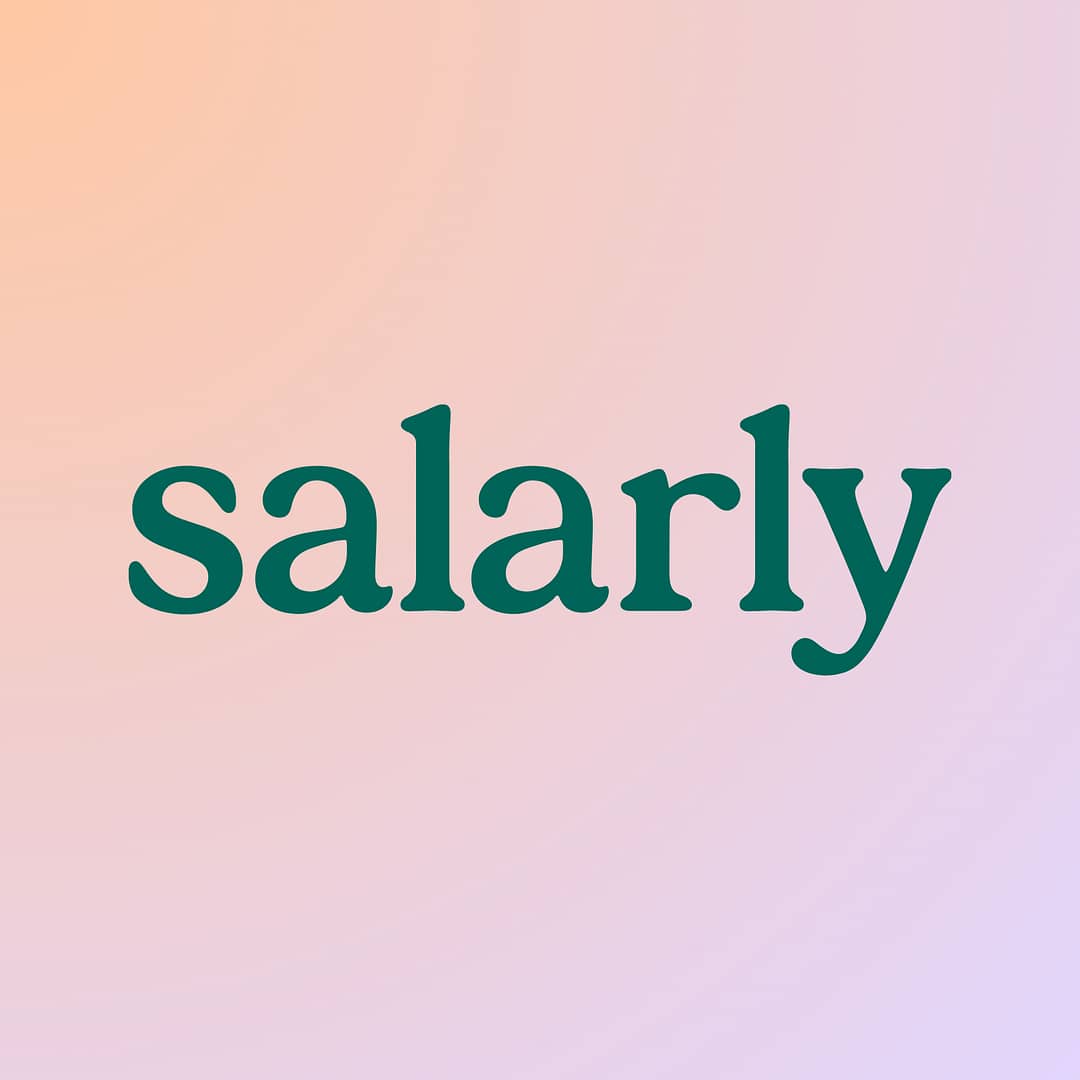Between long shifts, back-to-back patients, and charting that never ends, tackling debt can feel like just another impossible task. But you’re not alone, and you’re not without options. This guide to debt management for nurses is tailored specifically for nurses who want to take control of their finances, one paycheck at a time.
Why Nurses Struggle with Debt
Let’s face it: the financial demands of nursing school, certifications, and daily life don’t pause just because you’re helping others. Nurses often juggle:
- Student loans from nursing programs
- Credit card debt from unexpected expenses
- Personal loans or medical bills
- Supporting family while working overtime
And while you’re working hard to care for others, it’s easy to fall behind on your own financial health.
Step 1: Know What You Owe
Start with a full list of your debts:
- What’s the balance?
- What’s the interest rate?
- What’s the minimum payment?
- Who’s the lender?
Tools like debt trackers or budgeting apps can make this less overwhelming.
Step 2: Organize and Prioritize
Once you’ve got your list, it’s time to create a plan. Two popular methods nurses often use:
- Snowball Method: Pay off the smallest balance first, then move to the next.
- Avalanche Method: Pay off the highest-interest debt first to save money long term.
Step 3: Consolidate When It Makes Sense
Debt consolidation can simplify your repayment strategy. That’s where payroll-linked loans from Salarly come in:
- Borrow up to $15,000 depending on your eligibility
- One fixed payment that aligns with your paycheck
- No hidden fees or surprises
- No penalties for paying early
- Can be used to pay off higher-interest debt
This option gives nurses predictable payments and financial breathing room without relying on high-interest credit cards or payday loans.
Step 4: Budget with Your Shifts in Mind
If you work 3 shifts one week and 5 the next, your income might fluctuate. Build a flexible budget that accounts for variable pay:
- Use a base income for essentials
- Save any extra for debt payments or emergencies
- Consider an emergency fund, even if it’s small
Step 5: Celebrate Progress
Debt freedom doesn’t happen overnight, but every step matters. Track your milestones and reward yourself along the way (just not with more debt).
Why Nurses Choose Salarly for Debt Management
Salarly is built for professionals like you. Our payroll-linked loans are:
✅ Easy to apply for with no paperwork and no stress
✅ Designed with predictable payments tied to your pay cycle
✅ A smart alternative to credit cards or payday lenders
You deserve solutions that respect your work and help you move forward. We also provide a series of tools and financial wellness resources for healthcare professionals at blog.salarly.com! If you feel lost in your finances, use our PayCycle calculator to see how you actually have to spend after expenses and debt.
FAQ: Debt Management for Nurses
How can nurses manage debt with a variable income?
Start by budgeting based on your lowest expected paycheck. Use extra income from overtime or bonuses to make additional debt payments or build a small emergency cushion.
Is debt consolidation a good option for nurses?
Yes, if it helps reduce your interest rate and simplifies payments. Salarly’s payroll-linked loans can be used for debt consolidation with no hidden fees or penalties for early repayment.
What’s the benefit of payroll-linked repayment?
It aligns with your paycheck, making budgeting easier and helping you avoid missed payments. It’s automatic, seamless, and stress-free.











